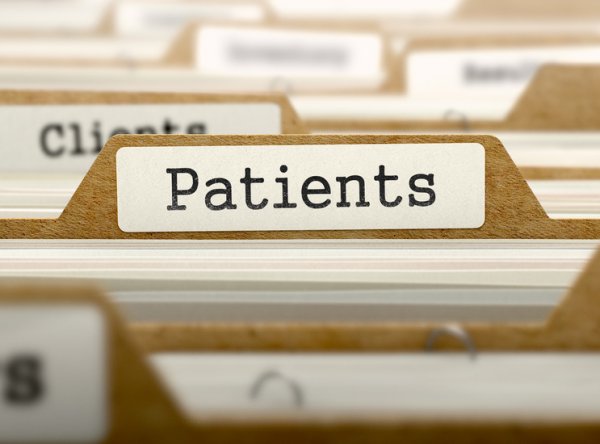A recent study commissioned by LivaNova has found that despite widespread awareness of epilepsy many Australians have a limited understanding of the condition and its treatments.
LivaNova is a medical device company that creates neuromodulation devices and cardiopulmonary products.
The study found that 55 per cent of respondents have heard of epilepsy. Yet a quarter (25 per cent) did not know the specifics of the condition or wanted to know more. More than one-fifth (21 per cent) were not aware of how the condition can significantly affect a person's quality of life.
The CEO of Epilepsy Action Australia, Carol Ireland, said the study reinforces the importance of consistent awareness-raising and education activities.
“Epilepsy is often misunderstood as “just seizures”. The study highlights an important need for more public education about epilepsy, its complex nature and impact on people living with the condition,” said Ms Ireland.
“Epilepsy is one of the most common brain disorders, yet there is still work to do to educate people on how burdensome this condition can be. It is encouraging to see our industry partners driving awareness in this space.”
The new research also revealed another area of significant oversight in the form of drug-resistant epilepsy.
Many Australians are aware of epilepsy generally but six in ten (60 per cent) are not aware of drug-resistant epilepsy (DRE).
According to Donna Tymensen, the country director of LivaNova Australia and New Zealand, better awareness of DRE is needed to encourage earlier diagnosis.
“Drug-resistant epilepsy affects about 30% of people diagnosed with epilepsy. It is concerning that so many of us are unaware of it and the additional challenges it causes to patients," said Ms Tymensen.
“We need to do more to raise awareness of the fact that there are many types of epilepsy and that patients are in need of tailored solutions and support services that should cater for their individual experiences”.
DRE refers to when a person has failed to become seizure-free based on the use of two anti-seizure medications. The study found that almost one in three (31 per cent) Australians had tried three or more treatments without success in achieving seizure freedom, which is in line with global research.
LivaNova and Epilepsy Action Australia are calling for increased public education about epilepsy and its treatments, as well as increased support for people with epilepsy and their families across all aspects of life.
